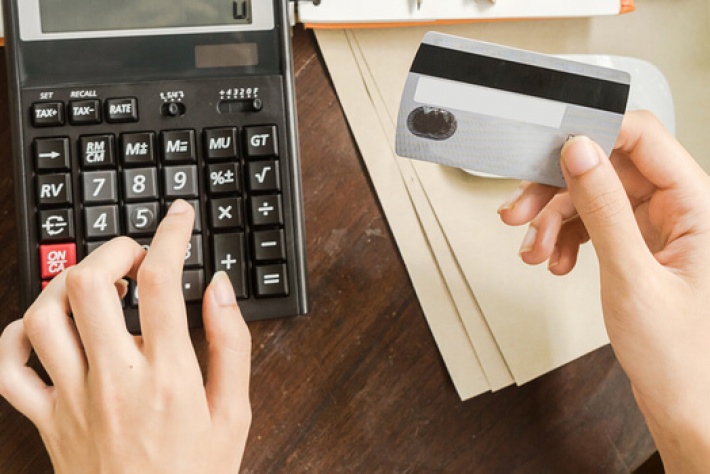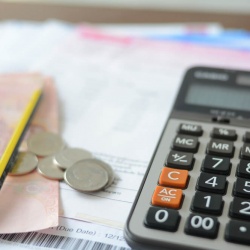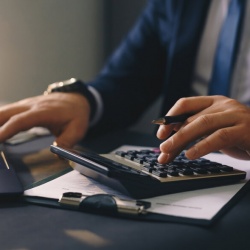How much can I pay myself before tax?

As a business owner one of the most important considerations is the tax-efficient withdrawal of your money. You want to limit your tax liability as far as possible, whilst also taking the wage you need.
So how much could you pay yourself without being taxed? This depends on how your business is structured, and your own financial circumstances.
Are you a company director or a sole trader?
Running a business as a limited company means you can take some of your remuneration as dividends if the company has generated sufficient distributable profits, whilst also paying yourself a small salary through PAYE.
If you’re self employed or a sole trader, the scenario is a little different. You’re taxed as an individual and various elements come into play when deciding how much you can pay yourself before tax.
What to consider when paying yourself
You need to know your personal allowance and which tax band you’re in before you can calculate how much to pay yourself before tax. So let’s look at what the personal allowance is, and which tax band you might be placed in.
What is the personal allowance?
The standard personal allowance is the level up to which you can earn money without paying tax. For the 2020-21 tax year that runs from 6th April 2020 to 5th April 2021, the personal allowance is £12,500.
The personal allowance typically changes every new tax year. If you earn more than £100,000 per year, your it also by £1 for every £2 of extra income over and above this threshold.
Income tax bands
The basic rate tax band of 20% in England and Northern Ireland applies to earnings up to £37,500, so you need to deduct your personal allowance from this figure and the remainder is the income on which you’re taxed.
The higher rate tax of 40% and additional rate tax of 45% in England and Northern Ireland apply to earnings between £37,501 and £150,000, and over £150,000 respectively. Again you need to deduct any personal allowance from your income figure where applicable.
Tax efficiency for limited company directors
If you’re a limited company director you may be able to take a tax-efficient mix of salary and dividends. In addition to your personal allowance, you also have an annual dividend allowance of £2,000 (2020-21).
The tax you pay on taxable dividend income depends on your tax band:
- Basic rate tax band: 7.5%
- Higher rate tax band: 32.5%
- Additional rate tax band: 38.1%
Seeking professional tax help
Taxation is a complex area for business owners. It pays to hire a reliable accountant to help you navigate this area and also save you money. Handpicked Accountants can offer you referrals for accountants in your area, who understand the tax system and can make sure you’re paying yourself in a tax efficient manner.
Our recommendations are based on longstanding working relationships and knowledge of each accountant’s specialisms and experience. Please contact one of our team to find out more.


